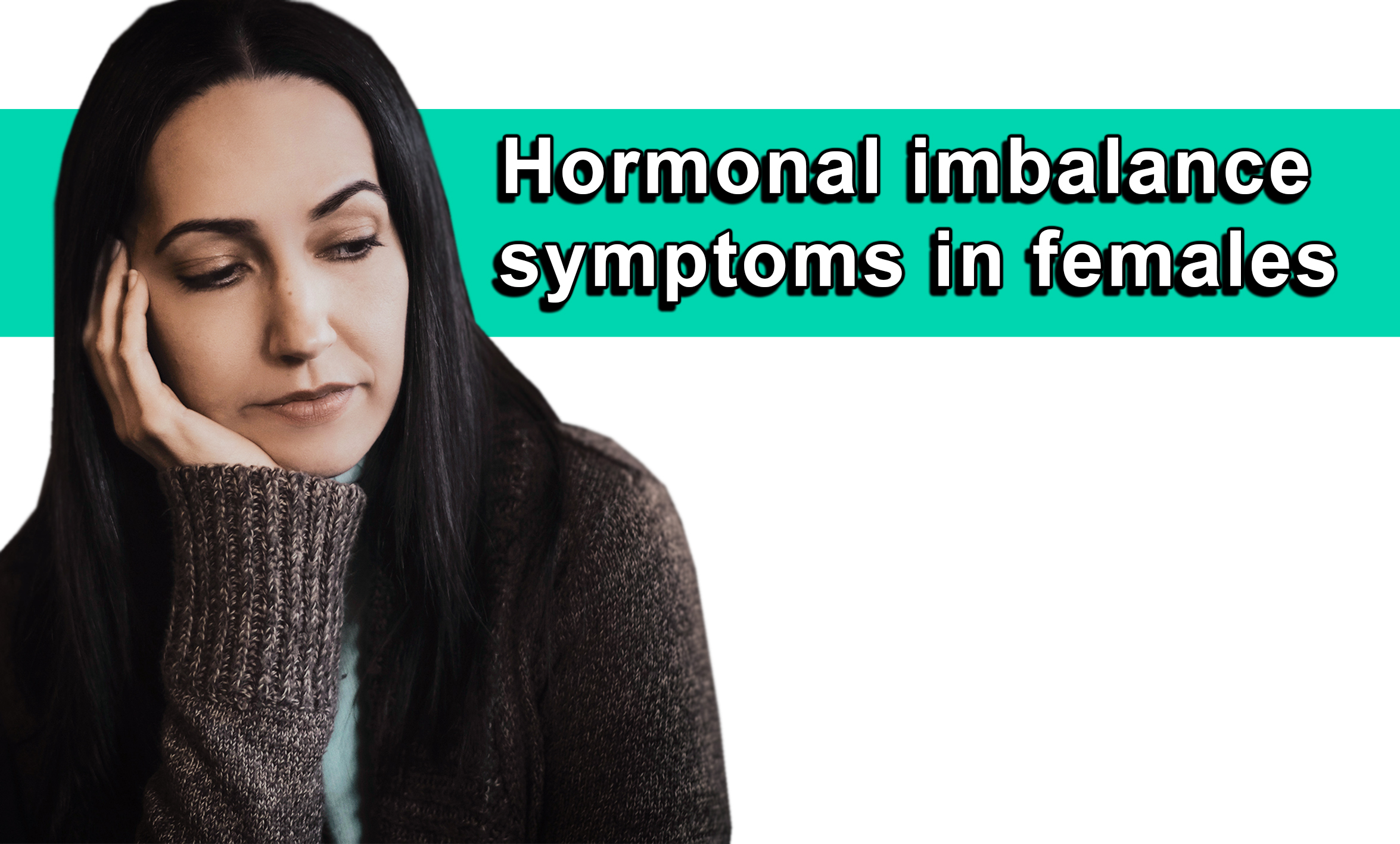Irregular menstrual cycle
A woman’s menstrual cycle usually lasts from 21 to 35 days. If this does not match your normal menstrual cycle, it can be a sign of hormonal imbalance. Irregular menstrual period can be a symptom of polycystic ovary syndrome or PCOS.
This is when a woman produces too many male hormones in her body.
The increase in male hormones in the body can make the menstrual cycle more irregular and difficult to conceive. This condition occurs in most women between 20-30 years of age.
Enlarged ovaries produce egg-like hair around the egg. Many women with PCOS do not typically perform anesthesia as usual or at all. They have long menstrual cycles.
The most common treatment for PCOS for women who do not attempt conception is birth control. Birth control contains progestin, which helps alleviate some of the symptoms associated with PCOS.
For women who are trying to conceive, treatment is quite complicated.
Delay in childbearing
Some consider delay in childbearing as infertility. But in reality, hormonal imbalance causes delays in child birth. In today’s society, some women enter into marriage at an early age and try to have children by the age of 20.
However, it is recommended to consult a doctor if you do not conceive for six months after your marriage.
Heat and sweat at night
If you are experiencing extreme heat and sweating at different places at the same time during the day, a hormonal imbalance may be the primary cause.
Doctors say that this can happen when a woman’s estrogen hormone levels are abnormally low. So if you are experiencing any of these symptoms, go to your doctor.
Rapid weight gain or slight weight loss
Sudden weight gain or slight weight loss is one of the most stressful and life-threatening symptoms of hormonal imbalance in women.
Many women exercise 4-5 times a week, but if their daily caloric intake is proper and they are still not losing weight, it is best to go to a doctor immediately.
Hair loss
Hormonal imbalance is the leading cause of hair loss in both men and women. Both men and women need testosterone, which is high in testosterone and low estrogen in men’s bodies.
There are cases of low estrogen and low testosterone levels. The specific hormone responsible for hair loss for both men and women is the same.
DHT (Dihydrotestosterone) is a hormone produced as a by-product of the testosterone hormone present in our bodies. DHT does not provide the hormone accurately, which makes the hair thinner and causes hair fall before reaching the proper age.
Pelvic pain
If you have pelvic pain during menstruation or sexual intercourse, see a doctor immediately and take a test. These symptoms include a hormonal imbalance called endometriosis, which is the accumulation of tissue outside the uterus, a condition of fibroid or ovarian cysts.
All of these things can be medically removed by surgery and your doctor will advise you on the best treatment plan for your pelvic pain.

